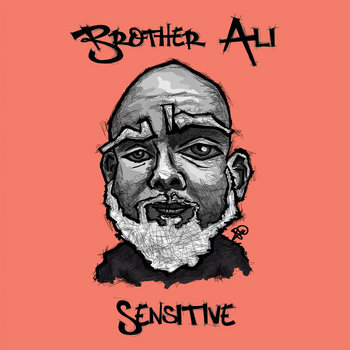

He was talking to Jamaican-born Harlem record label owners to put out his hip hop productions. He’s known for writing the script to New Jack City, but what he was doing earlier – around 1980 – is still not sufficiently heralded. I had put my trust in Barry Michael Cooper. It was a record called “Beach Boy” by Verticle Lines. There’s that Bob Marley expression, “Who feels it, knows it.” It was the reverse for me – I knew it, and then later I felt it! It was strange to me in the beginning, but I knew it was gonna happen and then I grew to love it. “It’s black! It’s jungle music! It’ll never last!” I had other notions. If you were a historian as I was, you were hearing the same things you heard about rock & roll. It was still regarded as a fad at that time? I was betting very long, so it enabled me to hang in there through mistake after mistake, which might have sunk me had I gotten in later on when it was more competitive or if I was less inclined to stay with it. Because I was a journalist, and also historically minded, I saw hip hop as part of the continuum of American black music tradition. There were very few, if any, companies that saw it as something that would have long-range potential. When I decided I wanted to make it my business in 1980 it wasn’t competitive. There was also the luck of being early and ahead of the pack. That really wasn’t happening with critics, and I saw it happening with me a few times. “Watch this guy, he’s gonna happen.” Six or seven months later he put out “Let’s Stay Together” and the record company used my quotes as part of their campaign. I reviewed Al Green’s first album for Rolling Stone and spoke very, very highly about it. How did you make the transformation from critic to label owner?īeyond merely reviewing albums, I was making predictions in print that were like A&R calls. I had only been smoking skinny jays at the point and I never pressed the on button of the tape recorder for the interview! But even when I was not stoned I had a need to be listening to music either live or on record every day of the week. I interviewed Bob Marley once and he pulled out an ice cream cone of a blunt. Happy to be able to hang out in Atlantic Records, happy to be able to fill my kind of junkie’s need for music.ĭo you feel like it was an obsession for you at that stage? I always had a niche because I was one of the very few guys writing about black music, so while the review of the new Beatles or Dylan album was always taken, the review of the Wilson Pickett album or the Aretha Franklin album was always available.Īnd you were more than happy to take that on board. All of a sudden, lit majors had something to write about with rock & roll. What can you tell me about your experiences as a music critic?Ĭriticism started because of Dylan and John Lennon. When I befriended Barry Michael Cooper, because we were both music critics for the Village Voice, I had no idea that he had cultivated a friendship with Spoonie Gee, who was the most influential of hip hop artist of the old school era. When I told Bambaataa, I wanted to sign an MC crew, I didn’t know he’d bring me the greatest of all-time, the Cold Crush Brothers. He was the guy who had the bright idea to list all the stores in the metropolitan area and create a list of records that they were selling and distribute them around the boroughs. The communications medium for hip hop was a 7 x 5 sheet of paper called the Phillip Edwards Report. Hip hop was incredibly small when I got into hip hop, circa ‘78. What a wonderful time to be making music. It was really reflected in their different approaches to rhythms. It was wonderful to be working with Charlie Chase and Master OC, who were Puerto-Rican Pumpkin, who was Costa Rican and Davy-D, who was American black. I described it as “a thousand flowers bloomed.” You previously had all your DJs just looping or sampling beats from the same body of records, and when the electronic drum machines came in, all of a sudden it seemed like the unique sub-rhythms of the DJs’ ethnic backgrounds – because hip hop is a very Pan-Carribean music – came to the forefront. I was very proud to be on the scene around 1982, when the electronic drum machines came on the scene. What are your proudest achievements as a record label so far?

It’s just chaotic keeping an office address for more than a few years at a time. In New York City, no matter what business you’re in, you also have to be in the real estate business. What’s the longest that you’ve been in one location?įive, six years.


 0 kommentar(er)
0 kommentar(er)
